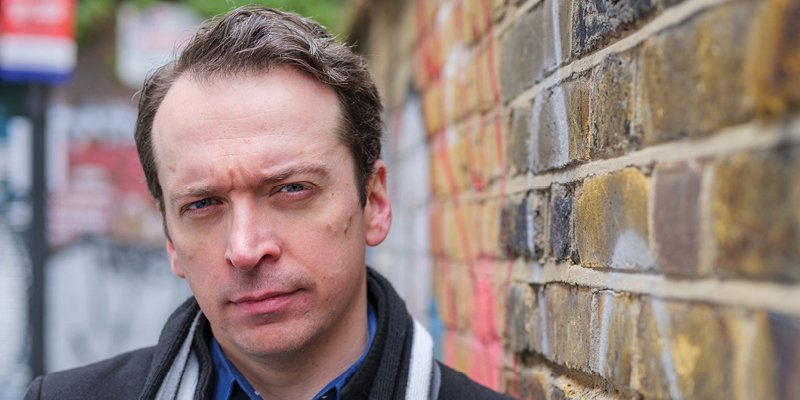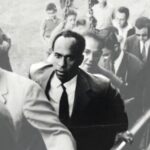Darran Anderson on the Ever-Shifting Magic of Italo Calvino’s Invisible Cities
Introducing the Windham-Campbell Prizes Podcast
The Windham-Campbell Prizes Podcast features a series of conversations with the 2023 Windham-Campbell Prize winners about their favorite books. Hosted by Michael Kelleher.
*
Darran Anderson is our first guest on the show, and he joins Windham-Campbell Prizes Director Michael Kelleher to talk about the ever-shifting magic of Italo Calvino’s Invisible Cities.
*
Reading list:
Invisible Cities by Italo Calvino • Derry Girls (2018-2022) • The Cloven Viscount by Italo Calvino • The Baron in the Trees by Italo Calvino • An Attempt at Exhausting a Place in Paris by Georges Perec • Frank Lloyd Wright’s Plan for Greater Baghdad • Sum: Forty Tales from the Afterlives by David Eagleman
*
From the episode:
Michael Kelleher: What’s the difference between an invisible city and a visible one?
Darran Anderson: I think it’s almost strange to differentiate the two. And Calvino’s, the way he weaves these things together shows that they’re not even contradictions. The way I would word it would be subjective and objective. I can live in a place and have a completely different experience from a next door neighbor. There will be places that I can go in London where they’re associated for me with heartbreak or elation—you know, places where you lost people, places where you met people.
And it’s almost like there’s a secret level, there’s a secret map that only you know, and it’s the same for every city that you spend time in. You have these resonances, and everybody has them. The idea of there being a singular map is simply not true. So I would put it that there is no differentiation between the visible and the invisible.
And Calvino makes this point. No matter how fantastical those places are in Invisible Cities, he reveals that they’re all Venice. They’re all basically Marco Polo riffing about Venice. It’s his childhood home. Calvino touches on the idea of nostalgia, and I think in the ancient Greek sense of nostalgia—in trying to get home, you go off and you have these adventures. And Calvino always reiterates, you’re always rediscovering the place that you left. He keeps coming back to this point.
So however surreal those cities, the invisible ones that he builds, they have their counterpart in the real. They always have their counterpart in visible cities. And I think that’s why if you’re a sort of magical realist—I use that phrase very reluctantly—but if you’re in any way a magical realist writer, you have to have a very sturdy anchor to stop yourself floating off. Anything is possible, therefore there’s no peril and there’s no tension.
People can just turn into birds and fly away, and everybody’s invincible. Calvino doesn’t do that. It’s very much rooted in the real; there’s always that anchor. He was a guy who spent his youth in the Alps, a part of that fighting Nazis. George Perec lost his mother in the Holocaust. These were real people who’d suffered real things. And I actually think the fact that they’re so imaginative is a great act of kindness, because they could write the most harrowing stories and instead they chose mediums that are very joyful. It’s a kind of gift.
*
Darran Anderson is an Irish essayist, journalist, and memoirist. Over the past decade, he has written on the intersections of culture, politics, urbanism, and technology for a wide variety of publications, including The Atlantic, frieze magazine, TheGuardian, and the Times Literary Supplement. His first book was Imaginary Cities: A Tour of Dream Cities, Nightmare Cities, and Everywhere in Between (2015) and his second, Inventory (2020), was a finalist for the PEN Ackerley Award. Born in Derry, he now lives in London.
The Windham-Campbell Prizes Podcast is a program of The Windham-Campbell Prizes, which are administered by Yale University Library’s Beinecke Rare Book and Manuscript Library.




















